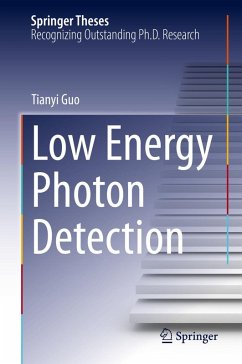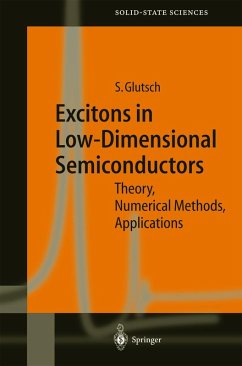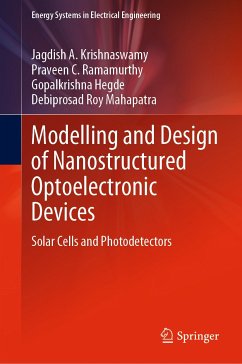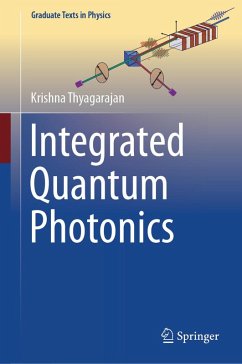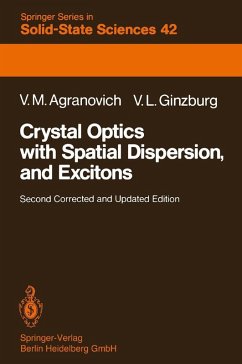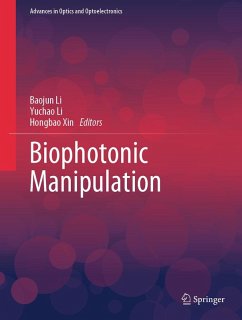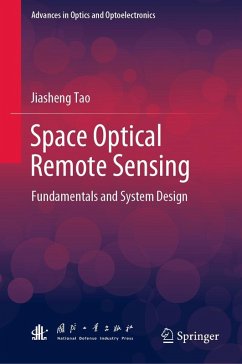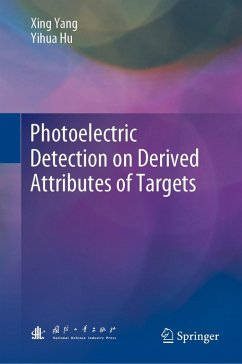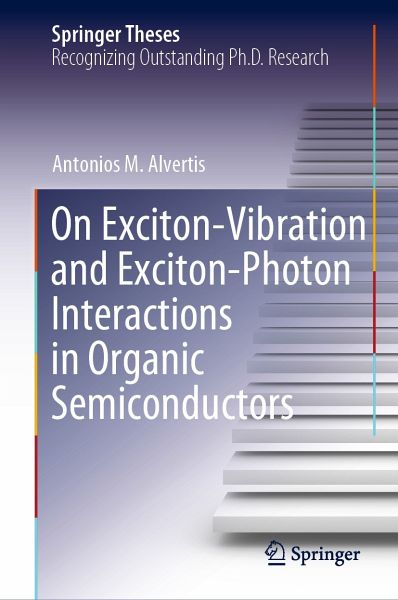
On Exciton-Vibration and Exciton-Photon Interactions in Organic Semiconductors (eBook, PDF)
Versandkostenfrei!
Sofort per Download lieferbar
128,95 €
inkl. MwSt.
Weitere Ausgaben:

PAYBACK Punkte
64 °P sammeln!
What are the physical mechanisms that underlie the efficient generation and transfer of energy at the nanoscale? Nature seems to know the answer to this question, having optimised the process of photosynthesis in plants over millions of years of evolution. It is conceivable that humans could mimic this process using synthetic materials, and organic semiconductors have attracted a lot of attention in this respect.Once an organic semiconductor absorbs light, bound pairs of electrons with positively charged holes, termed `excitons', are formed. Excitons behave as fundamental energy carriers, henc...
What are the physical mechanisms that underlie the efficient generation and transfer of energy at the nanoscale? Nature seems to know the answer to this question, having optimised the process of photosynthesis in plants over millions of years of evolution. It is conceivable that humans could mimic this process using synthetic materials, and organic semiconductors have attracted a lot of attention in this respect.
Once an organic semiconductor absorbs light, bound pairs of electrons with positively charged holes, termed `excitons', are formed. Excitons behave as fundamental energy carriers, hence understanding the physics behind their efficient generation and transfer is critical to realising the potential of organic semiconductors for light-harvesting and other applications, such as LEDs and transistors. However, this problem is extremely challenging since excitons can interact very strongly with photons. Moreover, simultaneously with the exciton motion, organic molecules canvibrate in hundreds of possible ways, having a very strong effect on energy transfer.
The description of these complex phenomena is often beyond the reach of standard quantum mechanical methods which rely on the assumption of weak interactions between excitons, photons and vibrations. In this thesis, Antonios Alvertis addresses this problem through the development and application of a variety of different theoretical methods to the description of these strong interactions, providing pedagogical explanations of the underlying physics. A comprehensive introduction to organic semiconductors is followed by a review of the background theory that is employed to approach the relevant research questions, and the theoretical results are presented in close connection with experiment, yielding valuable insights for experimentalists and theoreticians alike.
Once an organic semiconductor absorbs light, bound pairs of electrons with positively charged holes, termed `excitons', are formed. Excitons behave as fundamental energy carriers, hence understanding the physics behind their efficient generation and transfer is critical to realising the potential of organic semiconductors for light-harvesting and other applications, such as LEDs and transistors. However, this problem is extremely challenging since excitons can interact very strongly with photons. Moreover, simultaneously with the exciton motion, organic molecules canvibrate in hundreds of possible ways, having a very strong effect on energy transfer.
The description of these complex phenomena is often beyond the reach of standard quantum mechanical methods which rely on the assumption of weak interactions between excitons, photons and vibrations. In this thesis, Antonios Alvertis addresses this problem through the development and application of a variety of different theoretical methods to the description of these strong interactions, providing pedagogical explanations of the underlying physics. A comprehensive introduction to organic semiconductors is followed by a review of the background theory that is employed to approach the relevant research questions, and the theoretical results are presented in close connection with experiment, yielding valuable insights for experimentalists and theoreticians alike.
Dieser Download kann aus rechtlichen Gründen nur mit Rechnungsadresse in A, B, BG, CY, CZ, D, DK, EW, E, FIN, F, GR, HR, H, IRL, I, LT, L, LR, M, NL, PL, P, R, S, SLO, SK ausgeliefert werden.



